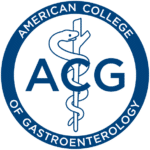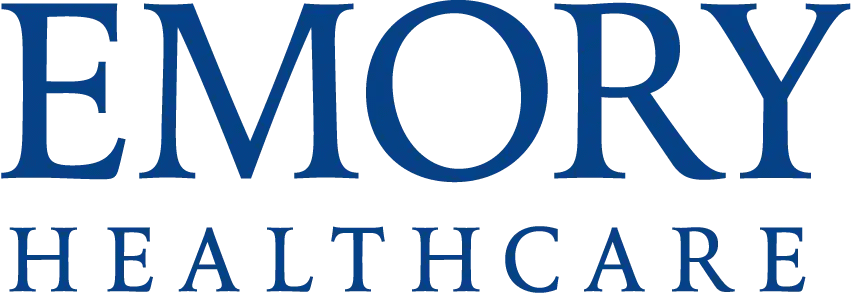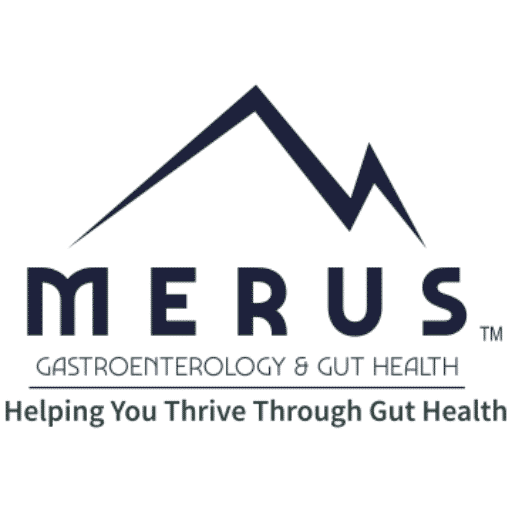Colitis of the Liver
Are you experiencing symptoms such as abdominal pain, fatigue, or jaundice in John’s Creek, GA? These could be signs of colitis of the liver, a condition characterized by inflammation of the liver’s colon or large intestine. At our gastroenterology clinic, we specialize in diagnosing and managing colitis of the liver to help you find relief and improve your quality of life.
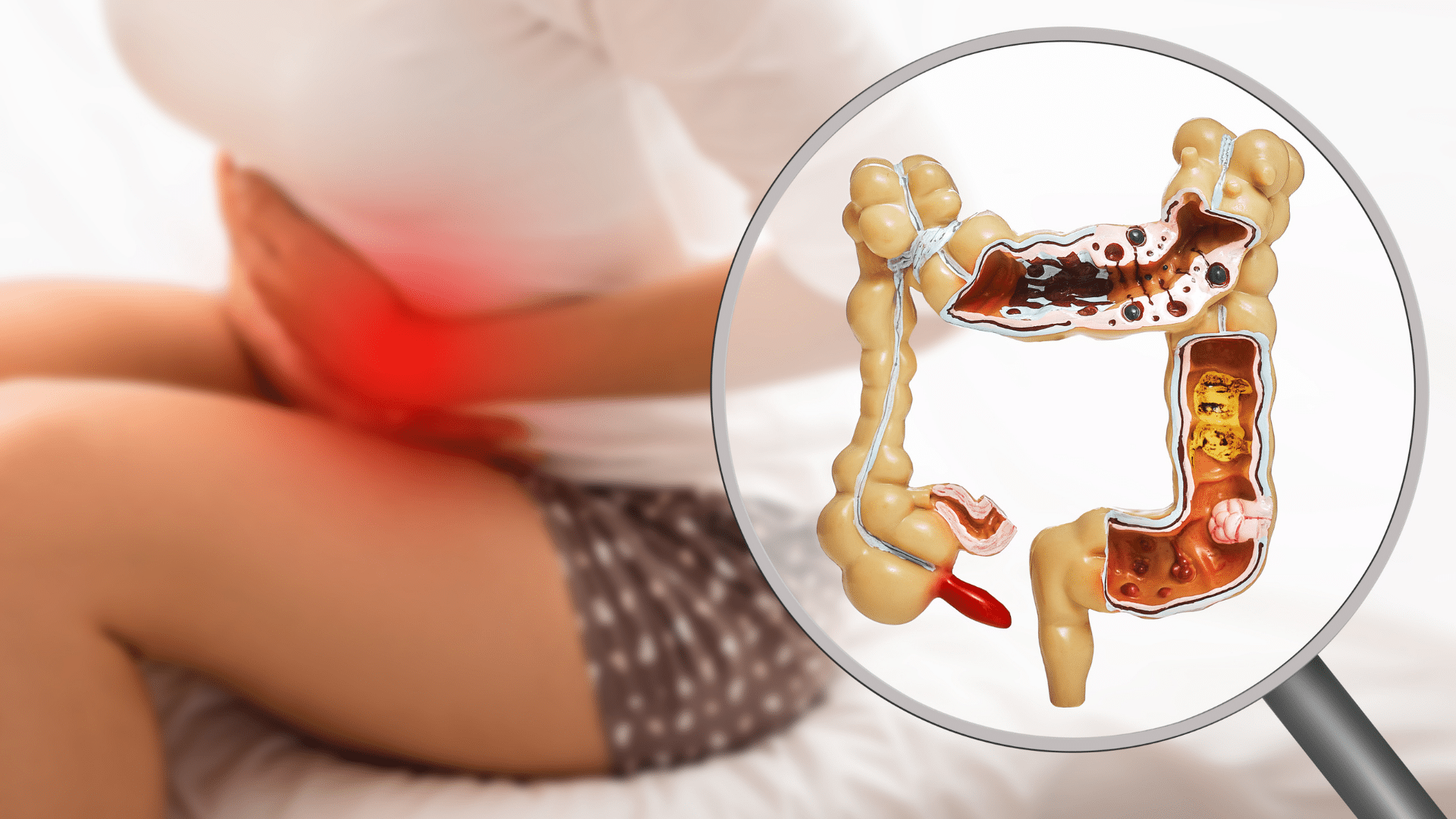
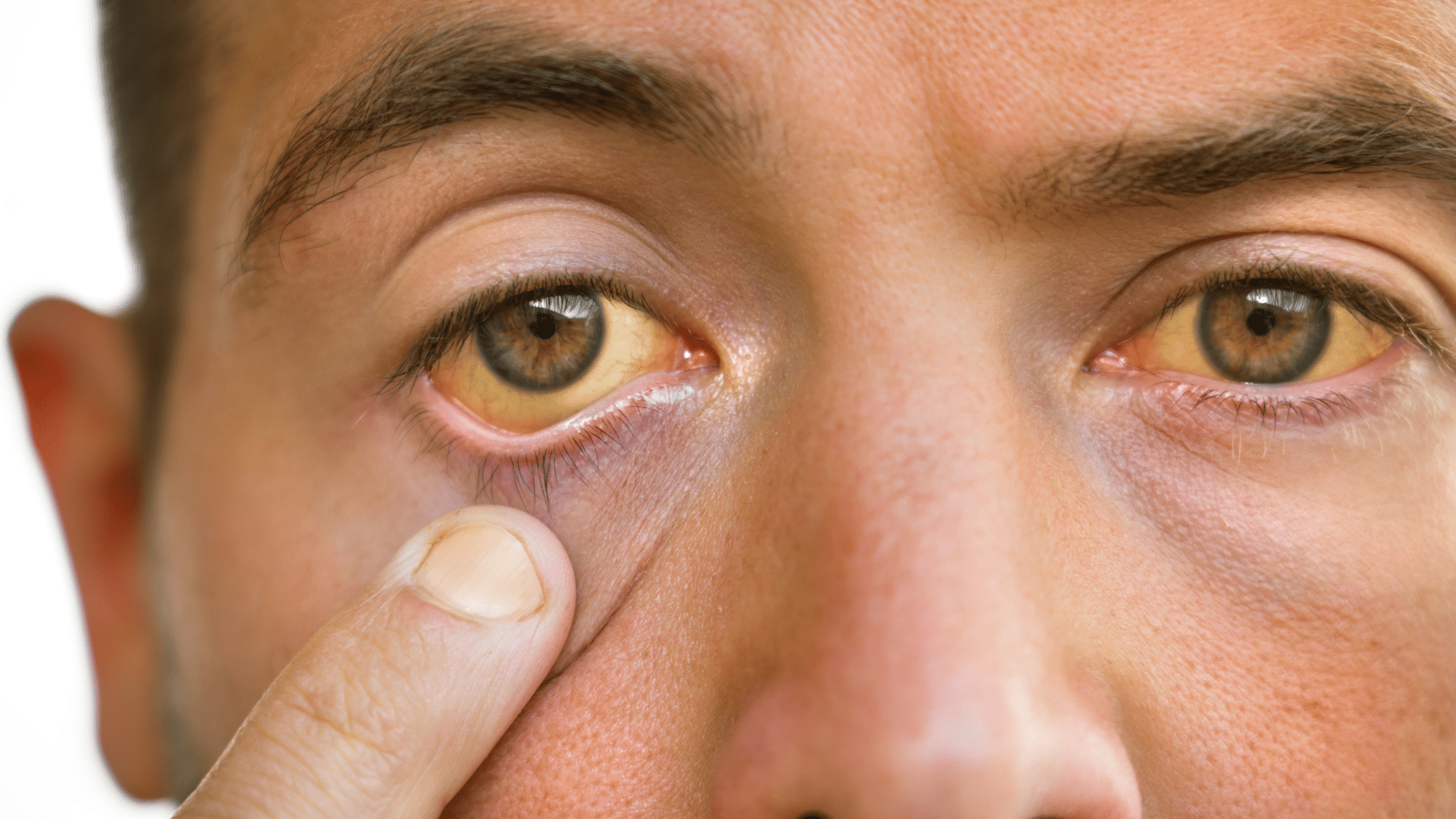
Understanding Colitis of the Liver
Colitis of the liver, also known as colitis hepatica, is a rare condition characterized by inflammation of the colon or large intestine, which is often associated with liver disease. The exact cause of colitis of the liver is not well understood, but it is believed to be related to immune system dysfunction and chronic liver inflammation. Colitis of the liver can occur in individuals with underlying liver conditions such as autoimmune hepatitis, primary sclerosing cholangitis, or chronic viral hepatitis.
Symptoms of Colitis of the Liver
Symptoms of colitis of the liver can vary depending on the underlying liver condition and the severity of inflammation. Common symptoms may include abdominal pain or discomfort, diarrhea, bloody stools, fatigue, unintended weight loss, jaundice (yellowing of the skin and eyes), fever, and loss of appetite. It’s essential to seek medical attention if you experience any of these symptoms, as colitis of the liver can lead to serious complications if left untreated.
Diagnosis and Treatment
Diagnosing colitis of the liver typically involves a combination of medical history evaluation, physical examination, blood tests to assess liver function and markers of inflammation, imaging studies (such as ultrasound, CT scan, or MRI) to evaluate the liver and colon, and in some cases, a colonoscopy or biopsy to confirm the diagnosis and assess the extent of inflammation. Treatment for colitis of the liver aims to reduce inflammation, manage symptoms, and address the underlying liver condition. This may include medications to suppress the immune system, anti-inflammatory drugs, dietary modifications, and in severe cases, surgery to remove damaged portions of the colon or liver transplantation.
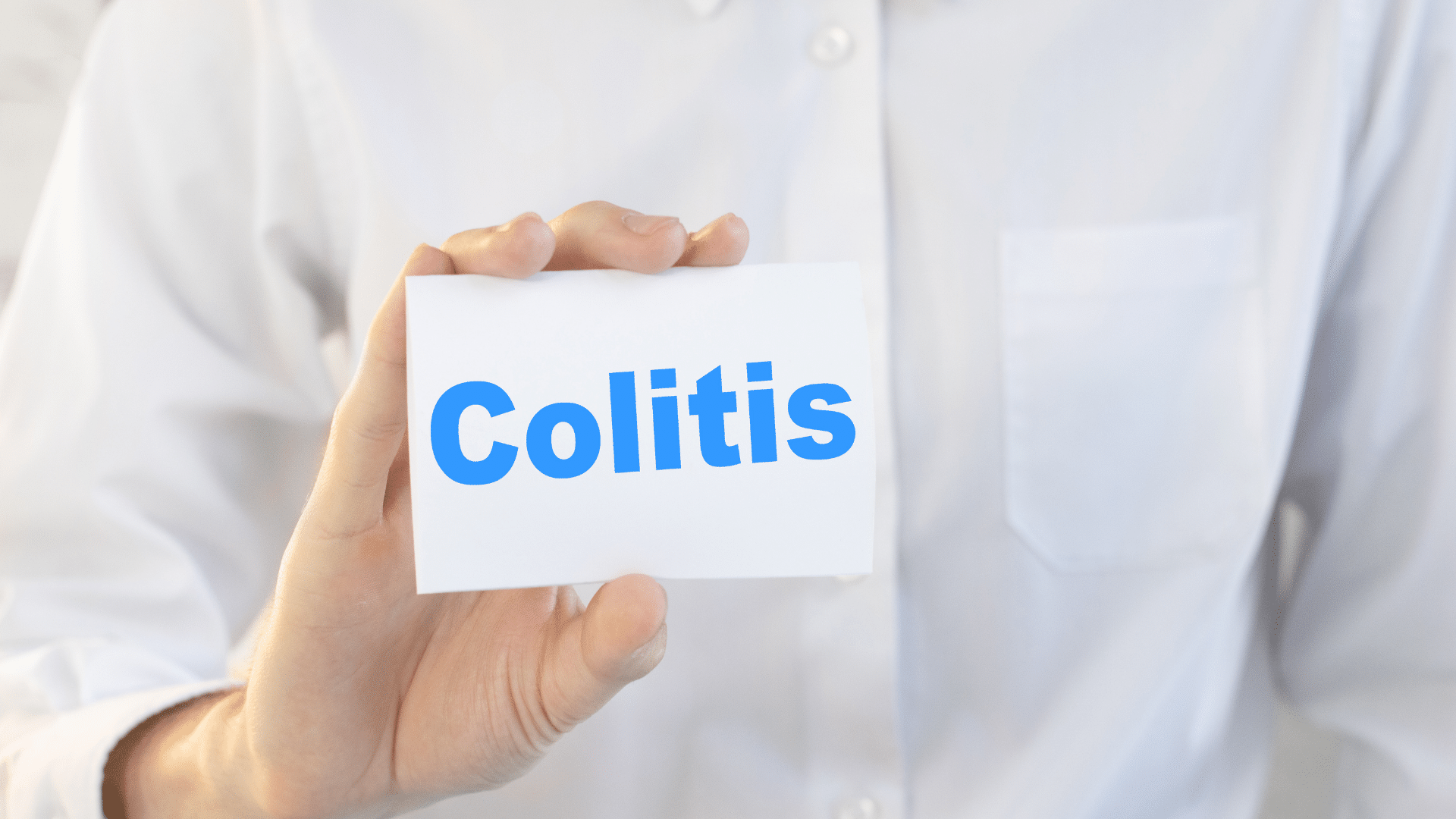
Our Gastroenterology Clinic Services
At our Gastroenterology Clinic in John’s Creek, GA, we provide comprehensive diagnostic testing and personalized treatment plans for colitis of the liver and other gastrointestinal conditions. Our experienced team understands the challenges of living with liver disease and is committed to supporting you every step of the way. We offer compassionate care, advanced treatment options, and ongoing monitoring to help you manage your condition effectively and improve your quality of life.
Schedule an Appointment
If you suspect you may have colitis of the liver or are experiencing symptoms suggestive of liver disease, don’t hesitate to contact our clinic today to schedule an appointment. Early diagnosis and intervention are key to improving outcomes and preserving liver function.

